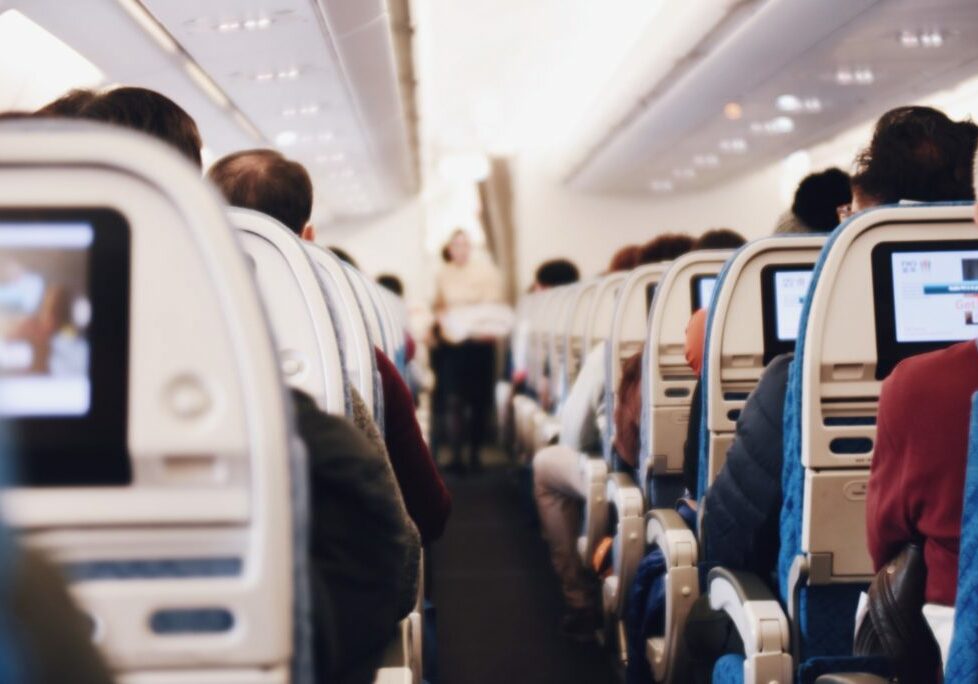
We Can’t All Be Pilots
I was flying on a tiny shuttle plane from DC to Atlanta. We were running 40 minutes late and I only had an hour-long window before a presentation (the sole purpose of the trip.) The pilot announced we were beginning our initial descent into Atlanta.
“Phew!” I thought. I would make the meeting.
Then, an unsettling amount of time later when we were still above clouds, the pilot abruptly announced, “We are being diverted to Huntsville, Alabama.” End of announcement.
Passengers pushed call buttons. One flight attendant hurriedly walked from one end of the plane to another without stopping to talk.
Then, an announcement from the flight attendant: “Passengers, the pilot has asked me to take a vote. Would you rather be diverted to Huntsville or Nashville?” – silence – “Please press your call button if you would prefer Huntsville.” A pause. Two call buttons light up.
What? I look around.
Then, mutiny.
My fellow passengers ruthlessly attack the two flight attendants who were unluckily within earshot. “Is this a prank?” “Are we on TV?” “Never in my life have I heard of such a thing!”
The question I wanted to ask was, “Is the pilot conducting a social experiment in distributed leadership?” I may never know, but if so, his experiment failed for several fairly obvious reasons.
- Trust. A planeload of strangers cannot be thrust into a high-stress situation and be expected to function as an effective network. Networks are measured by the strength of the ties between the people in the network. There are seven elements that Netcentric Campaigns analyzes to determine those ties and of them, I’d say this group of people barely had two: Vision (we wanted to finish the flight and get to our destination as soon as possible) and Common Language (we were annoyed to be late and confused by the pilot’s unconventional decision-making process).
- Information. Without enough transparency of information, people in a network will not feel empowered to step up to leadership roles. We did not have one percent of the information the pilot had at his fingertips. My seatmates burst into laughter when the woman across the aisle desperately flipped open the map in her in-flight magazine to try to calculate with her fingers which city would be closer. There was no information hub or feedback mechanism to evaluate the other passengers’ reputations and expertise to determine if anyone on the flight might have more information or expertise we could draw on.
- Culture. As passengers on a flight, there is no expectation or protocol in place that you may be entrusted to make critical, time-sensitive decisions that impact everyone on the flight. Instead, you walk in as a passive participant. You know that in order to participate in the culture of the flight, you must trust that the pilot is making smart decisions, is focused and hopefully not on any mind-altering substances.
In the end, the bewildered flight attendants, who clearly didn’t share the pilot’s vision for navigational equity, abandoned the vote and ramped into full damage control mode.
The results from the failed vote were never mentioned again, and we landed in Huntsville. The pilot, perhaps aware of the spectacular failure of his experiment, remained behind his armored door until all the passengers had exited the plane.
